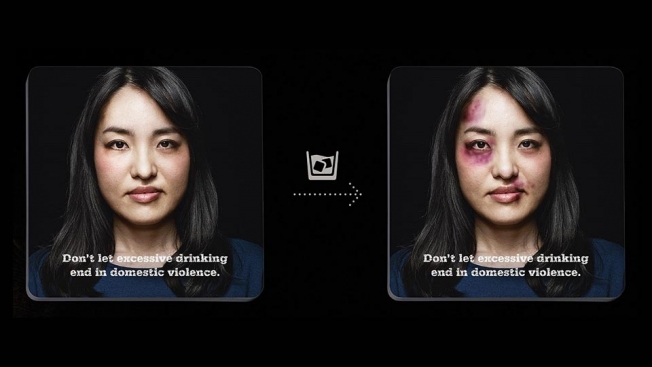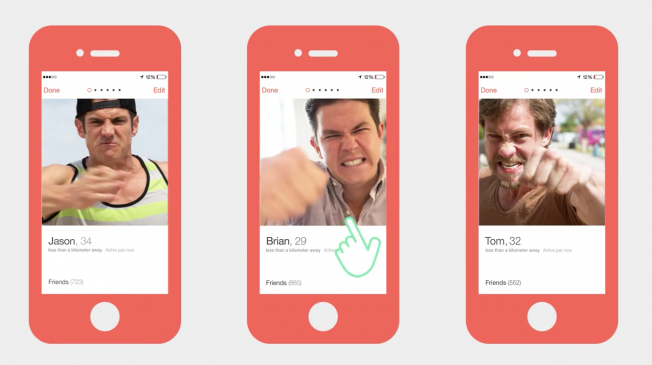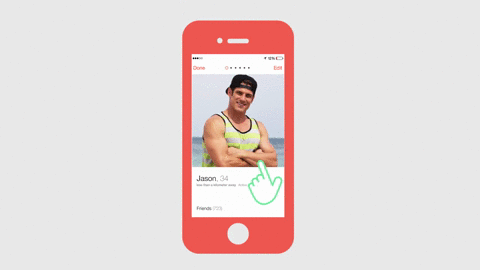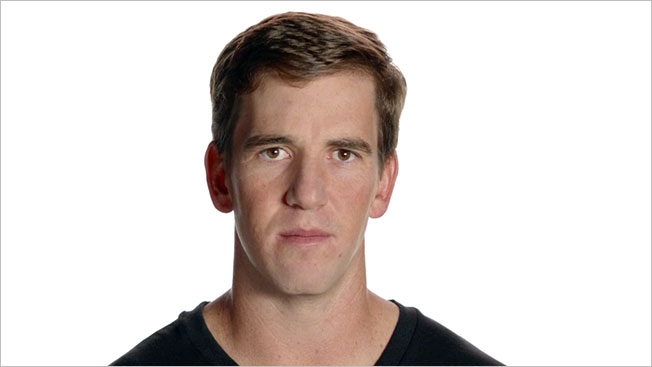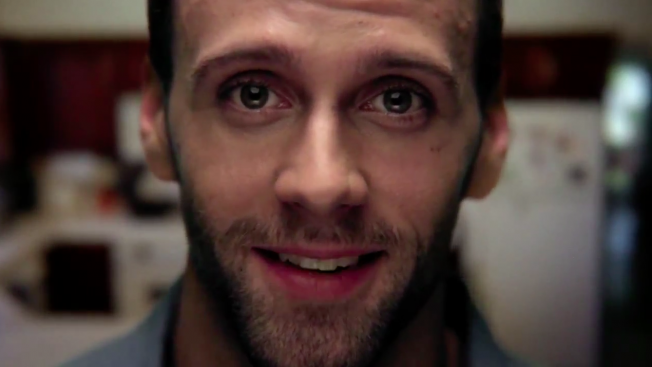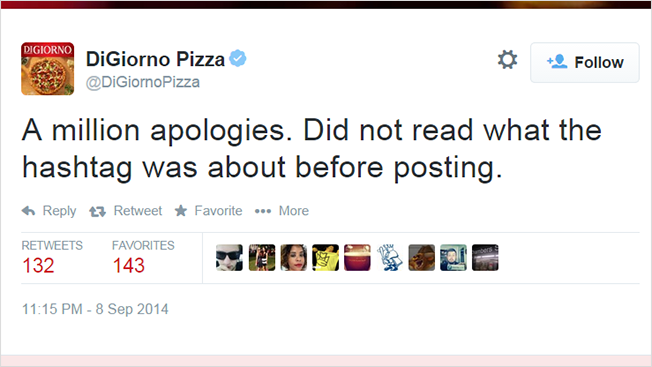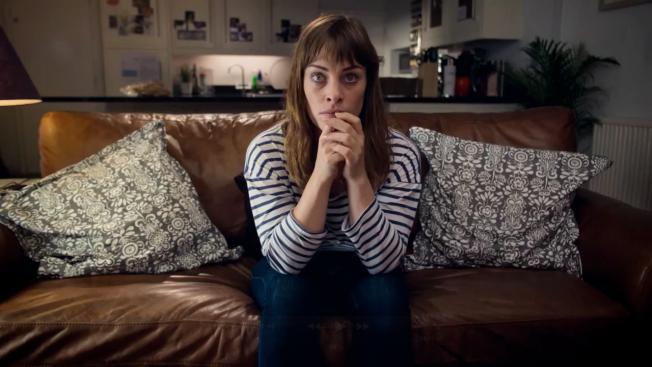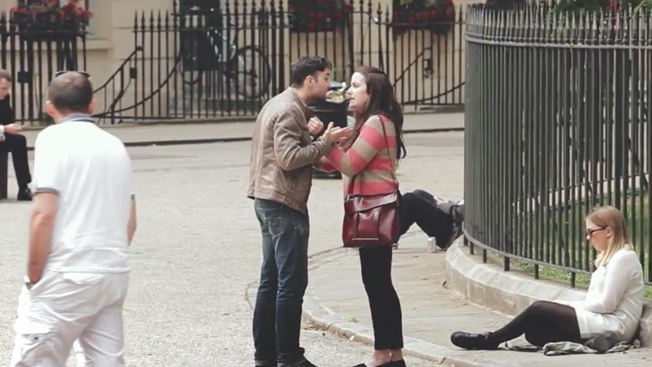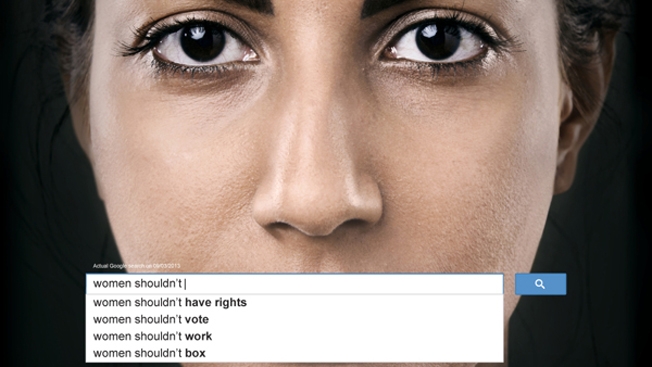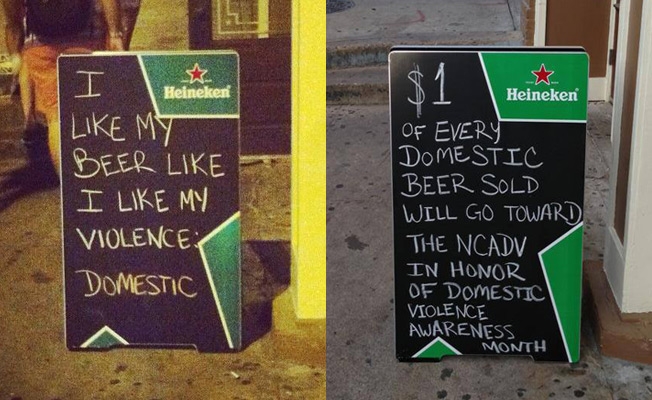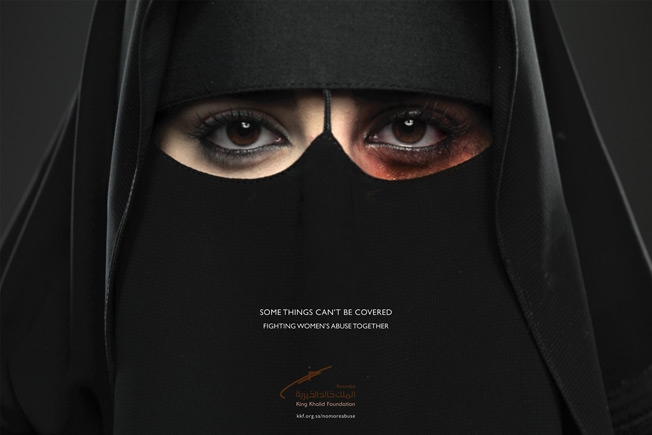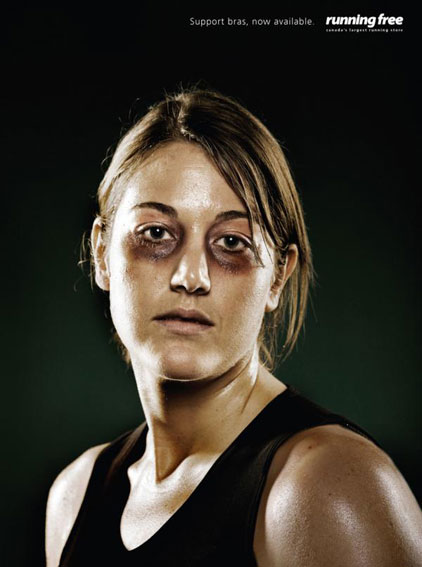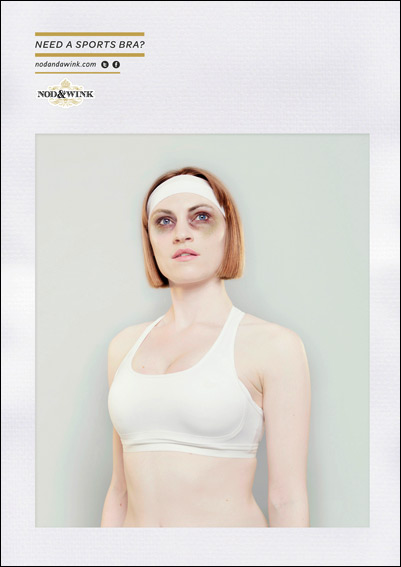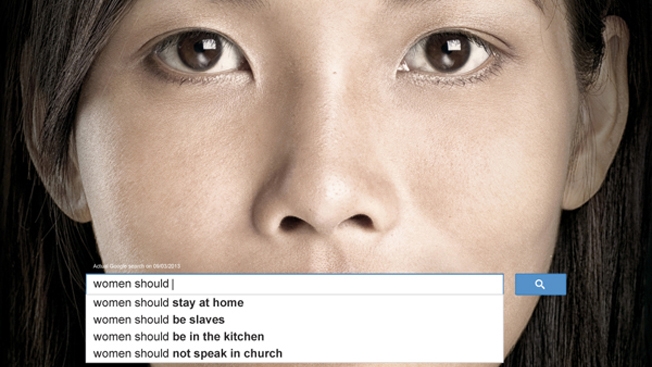
Late last week, a creative twist on print advertising became a global phenomenon, as the "Auto-Complete Truth" campaign for UN Women exploded across social media and generated worldwide discussion.
AdFreak's writeup of the campaign by Memac Ogilvy & Mather Dubai has been shared more than 116,000 times on Facebook alone, making it the most-shared item of the year on Adweek.com. The campaign has since been featured by hundreds of blogs, news sites and social media feeds around the world.
"We have been overwhelmed by the instant enthusiasm and support that our campaign has received," says Ronald Howes, managing director of Memac Ogilvy & Mather Dubai. "This has encouraged us to develop it even further, after the global acclaim that is has received.”
The client, of course, was ecstatic to see a relatively modest ad campaign spark the exact kind of international debate it was intended for. "UN Women is very heartened by the discussion the campaign has sparked," says Nanette Braun, communications and advocacy chief for UN Women. "Very obviously there is a demand for a global conversation on women’s rights, empowerment and gender equality, which is exactly what the ads were intended to generate.”

To learn more about the campaign and the vocal response it has received, check out our Q&A with the team that created the ads, after the jump:
AdFreak: How did this project come about? Was it intended to be a print campaign from the start, and will these ads actually be running in print?
Memac Ogilvy & Mather Dubai: This creative idea for UN Women began, as many searches naturally do, on a Google search bar. What we came across was simply shocking. The appalling global results to an auto-correct search of terms such as "women should" was something we felt needed to be shared.
The campaign was published earlier in 2013 in the UAE and became a viral success this week. UN Women plans to publish internationally in the future.
Many of the commenters and people sharing the campaign have been posting screenshots of their own autocompleted searches, with different results around the world. Was this something you hoped the campaign would spark people to try?
We have been pleasantly surprised by the viral success of this campaign. We wanted to start a conversation on the major barriers which are in place of women's economic, political and social empowerment across the globe—issues that UN Women is working to address. We hope that our work will go some way to help raise awareness of the sexist global attitudes toward women and will enable a dialogue to begin on the topic. We encourage people to join in the debate on Twitter with #womenshould, or on the UN Women website.
We are so pleased to see others are inspired by our work and witness the creation of their own versions of our campaign, which tackle other social issues.
Did you selectively edit the results of the Google searches you did for this campaign? Were some irrelevant suggestions tossed out to focus on the most egregious examples of sexism?
What makes our campaign so powerful is its truth and simplicity. None of the searches were engineered to produce these results; that's why we were so shocked to discover them. In order to raise awareness of the inequality women face, we did choose to highlight the most compelling answers, to deliver the most impact, however the search results from Google autocorrect were not falsified in any way.
Some have criticized the campaign by saying that Google autocomplete suggestions have been used in several marketing campaigns in recent years. Were you concerned about this approach seeming derivative or over-used?
Our campaign is not focused on Google autocomplete suggestions. The medium of Google search was merely a base upon which we were able to successfully illustrate our point. Google search is an iconic symbol in our digital world and therefore recognizable for millions of people, so we used this as a vehicle to express our ideas. The truth behind the search about people’s global perceptions is what our campaign focused on, not the technology of Google autocomplete.
Lots of people are debating whether you can actually change these kinds of search results. Do you think it's possible, or is it something that will have to change slowly over time as a barometer of equality?
We are aware that change of this magnitude will not happen overnight! However we hope that our work will go some way to alter perceptions by raising awareness of the issues which women face.








![]()





